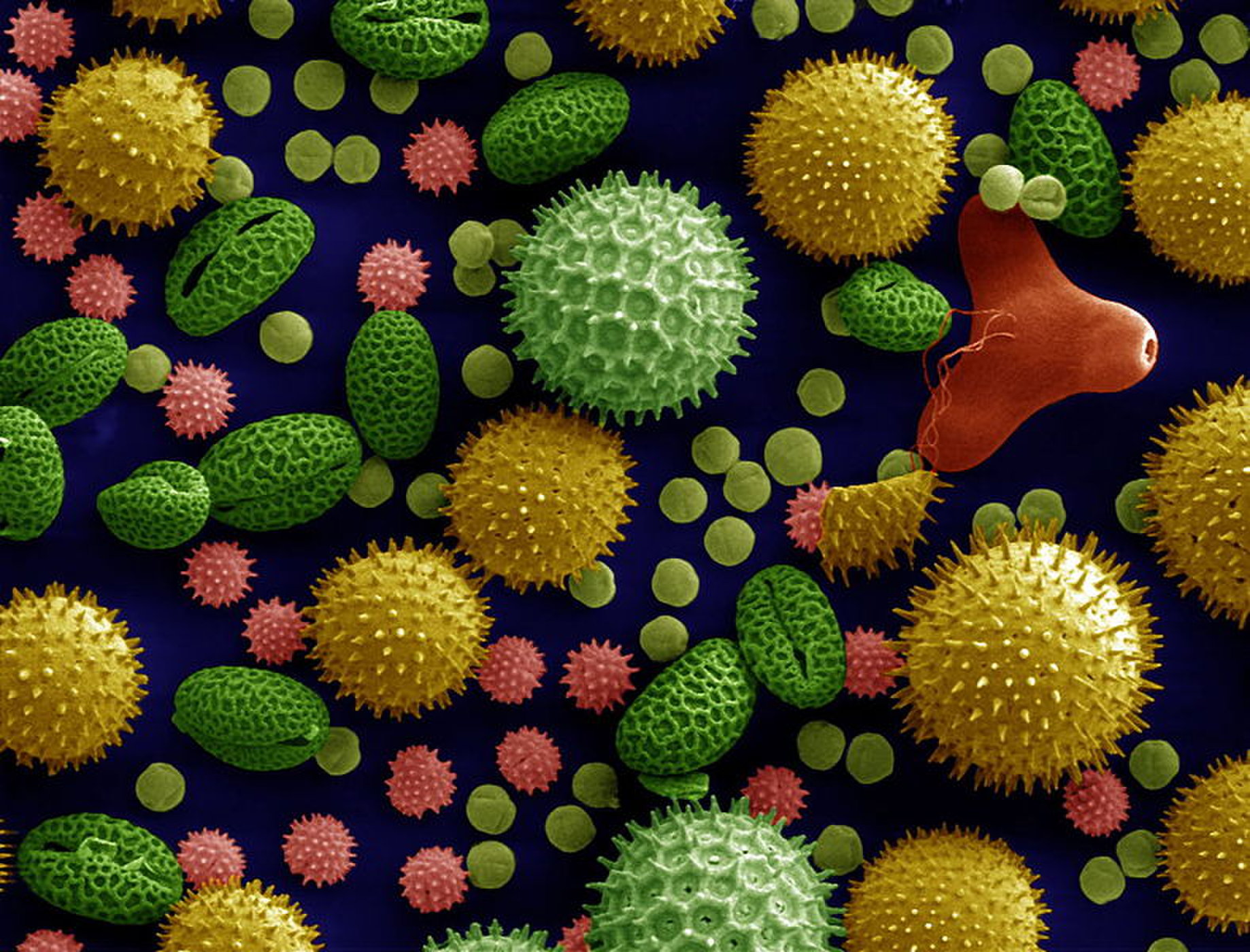
\\
A short and simple definition of an allergy can be understood as any form of sensitization to substances that causes a negative reaction in the human body. Allergies can surface within minutes or hours of contact with the offensive substance through inhalation, ingestion or skin contact.
\\
Allergic reactions can manifest in so many ways - some more obvious than others. However, we need to consider these other common symptoms as possible allergic reactions too:
General Symptom
Fatigue, Decreased performance, Brain fog, Feeling cold, Vertigo, Breathlessness, Chest tightness
Skin Symptoms
Eczema, Itching, Hives, Rash, Neuro-dermatitis
Irritation of the Mucous Membrane
Rhinitis, Sneeze Impulse, Conjunctivitis
Gastrointestinal Symptoms
Bloatedness, Gastritis,Diarrhea, Colitis in various forms
Bladder Symptoms
Polyuria, Dysuria, Irritable bladder, UTI
Muscle and Joints
Rheumatic pains, Sore muscles
Psychological Symptoms
Depression, Restlessness, Confusion, Anxiety, Dazed and Panic Attacks, Aggressiveness, Hyperactivity in children
Headaches and Migraines
Weight Loss and Gain
Anaphylactic Shock
Types of Allergies

Acute Forms of Allergies
Acute allergies are allergic reactions to substances to which sensitization has occurred occasionally or momentarily. These normally occur through occasional inhalation or ingestion of the allergens. For example, the inhalation of pollens in spring resulting in hay fever, the ingestion of peanuts, seafood, peaches or strawberries that can cause anaphylactic shock, swollen tissues, inflammation or break out of rashes.
Chronic Forms of Allergies
Chronic allergies are allergic reactions to substances to which sensitization has occurred on a long term, frequent and continuous contact. Due to long term exposure to the said allergen, it is usually masked -I.e, where an immediate connection between the symptoms and ingestion or inhalation of the allergen is often indiscernible.
People with a genetic disposition often develop chronic allergies in their early childhood where sensitization to a staple food that is frequently ingested (usually daily) or by a substance that is continuously present in their body (e.g candida in the case of chronic intestinal mycosis, mercury in amalgam fillings).
Cow’s milk and wheat are common chronic forms of allergies which affects a majority of people as they are usually the first foreign protein introduced into a baby’s diet.
